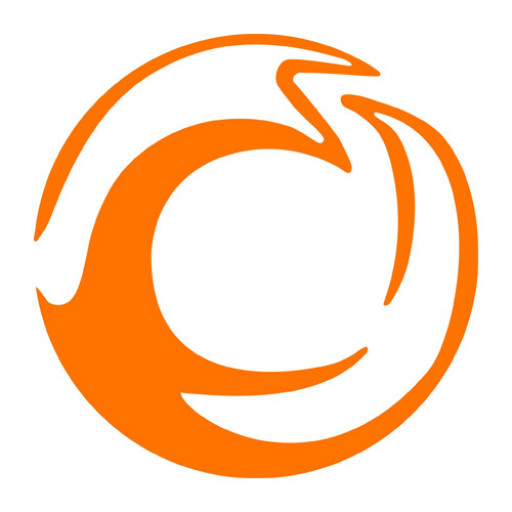This plan will equip students for employment in a range of places in the area sector. These include child and family services, community counselling bureaus, disability services, elderly care, and local government councils.
The Applied Social Science - Community Services program at Jansen Newman Institute offers a comprehensive exploration into the foundational principles and practical skills necessary for working effectively within community service settings. Designed for individuals passionate about making a positive impact on society, this program combines theoretical knowledge with hands-on experience to prepare graduates for a variety of roles in social services, community development, and related fields. Students will study topics such as human behavior, social justice, ethics in community work, and the policies that shape social services. The curriculum emphasizes student-centered learning, encouraging critical thinking, cultural awareness, and effective communication skills essential for engaging with diverse populations. Through a series of interactive workshops, community placements, and research projects, participants will develop the competencies needed to assess community needs, design appropriate interventions, and work collaboratively with clients and colleagues. The program also addresses contemporary issues such as mental health, addiction, domestic violence, homelessness, and youth services, making sure graduates are well-equipped to respond to the complex challenges faced by communities today. Graduates will be prepared to pursue roles such as community support workers, case managers, outreach coordinators, and other positions that require a compassionate, ethical, and skilled approach to social service work. Whether aiming to work directly with marginalized groups or contribute to social policy development, students will leave the program with a solid foundation in applied social sciences and the practical skills necessary for meaningful and effective community engagement.
- Year 12 or equivalent Together with ATAR 60. Special Entry Requirements: Demonstrated ability to undertake study at this degree
- work expertise, and/or additional formal, informal or non-formal study attempted and/or completed. For International applicants equivalent IELTS 6.5 (Academic) without the skills group less than 5.5.
The program in Applied Social Science - Community Services offered by the Jansen Newman Institute provides a comprehensive educational experience designed to prepare students for various roles within the community services sector. Regarding financing studies, students typically have access to a range of financial support options to fund their education. These options may include government subsidized loans, scholarships, and payment plans, although specific details about these funding sources are not explicitly listed on the official website. As the Jansen Newman Institute is an operated entity in Australia, most students are eligible to apply for government assistance programs such as FEE-HELP, which is a loans program that helps students pay their tuition fees. FEE-HELP offers a flexible repayment scheme that commences once the graduate’s income exceeds a certain threshold, easing the financial burden during and after the course completion.
In addition to government support, the institute may offer scholarship opportunities to outstanding applicants based on merit or need, although specific bursaries are not detailed publicly. Students are encouraged to explore external funding options, including private scholarships, community grants, or sponsorships that may be available through certain community organizations or industry bodies. Payment plans are also likely an option, allowing students to spread their tuition fees over multiple installments, thus making the financial commitment more manageable. It’s important for prospective students to contact the institute’s admissions or student services department directly for detailed and updated information regarding available financing options, eligibility criteria, application processes, and deadlines.
Furthermore, some students may qualify for employer-sponsored training programs or industry-specific funding initiatives, especially if they are employed in related fields and are undertaking the program for professional development. Borrowing from private lenders or seeking educational loans through banks is another potential avenue; however, students should carefully consider the terms and interest rates associated with such loans. Overall, financing studies at the Applied Social Science - Community Services program is supported through a combination of government loans, potential scholarships, installment payment options, and external funding opportunities, aimed at making education accessible and affordable for students committed to making a difference in community services.
The Applied Social Science - Community Services program at Jansen Newman Institute offers students an in-depth understanding of community-based practices and social services. This program is designed to equip students with practical skills and theoretical knowledge necessary to work effectively within community settings, supporting individuals and groups facing social challenges. The curriculum covers various aspects of social science, including human development, social policy, counseling techniques, and community engagement strategies. Students learn to develop, implement, and evaluate programs aimed at improving social well-being and fostering community resilience. The program emphasizes hands-on training through internships and real-world projects, allowing students to apply their learning in practical contexts. Graduates of this program are prepared for careers in areas such as social services, community development, youth work, mental health support, and nonprofit organizations. The institute prioritizes a holistic and ethical approach, encouraging students to understand diverse perspectives and promote social justice. The coursework is complemented by expert faculty members with extensive experience in social work and community services, providing mentorship and guidance throughout the degree. Upon completion, students receive a qualification that recognizes their ability to contribute positively to society, equipped with the skills needed for ongoing professional development in the dynamic field of community services. The program's flexible learning options and supportive academic environment make it accessible for a wide range of students seeking to make a meaningful difference in their communities.







